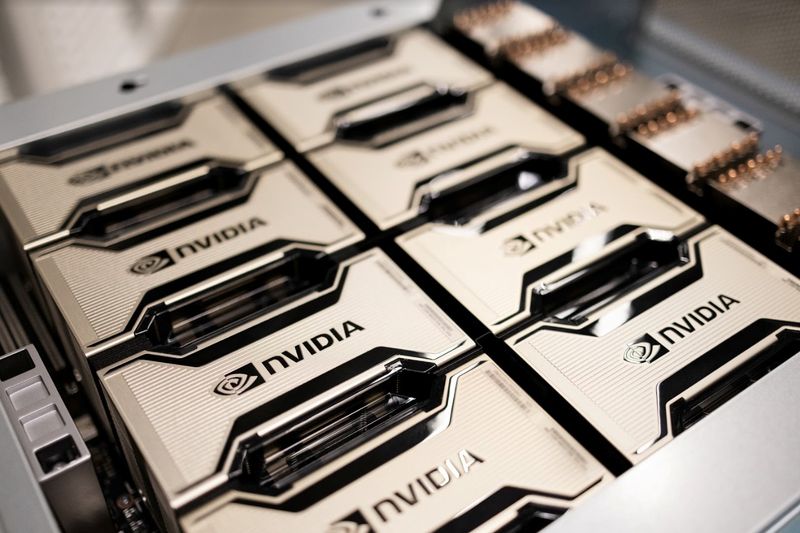In response to new U.S. export controls, sales of high-performance AMD (NASDAQ:AMD) graphics cards, including the Radeon RX 7900 XT/X and PRO W7900, have been suspended in China, as stated in a "Sales Advisory document" from Dell (NYSE:DELL) today. The restrictions target artificial intelligence (AI) hardware with the intention of preventing their military and strategic use. These measures also affect NVIDIA (NASDAQ:NVDA), which has withdrawn its GeForce RTX 4090 from the Chinese market due to the same regulations that require special licensing for products that exceed a specific performance threshold.
The ban is based on a "4800 TPP metric" limit, with products above this threshold being subject to export restrictions. However, there is some confusion surrounding the application of these rules, as assessments indicate that the Radeon RX 7900 XTX's TPP score is approximately 2000, leading to questions about whether Dell's action is a result of misinterpretation or an approach of excessive caution.
Despite the export bans, AMD’s AI Instinct MI-series GPUs, such as the MI210 and the forthcoming MI300 family, are correctly identified as banned items because they are explicitly designed for AI applications. Meanwhile, NVIDIA anticipates a significant impact on its AI-based revenue in China, projecting a loss of up to 30%. Nonetheless, NVIDIA maintains a $20 billion revenue target for Q4 despite the challenges posed by these export restrictions.
The Radeon RX 7900 series has seen price increases as they offer an alternative to NVIDIA’s RTX 4090, which has been priced over $2000 in the U.S. due to scarcity. The RX 7900 XTX in particular boasts superior half-precision performance metrics compared to its NVIDIA counterpart, contributing to its inclusion in the ban and potentially influencing stock market predictions across affected sectors.
Retailers may attempt to circumvent these bans by claiming eligibility under the National Exclusion Request (NEC), but they risk facing potential shortages and higher prices for GPUs. As a result of these developments, companies like AMD and Intel (NASDAQ:INTC) are considering shifting their investments outside of China to mitigate the impact of these restrictions.
This article was generated with the support of AI and reviewed by an editor. For more information see our T&C.
